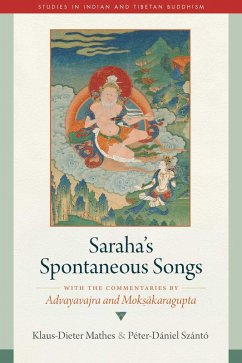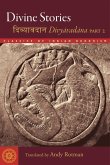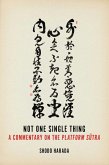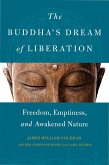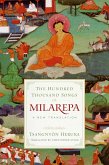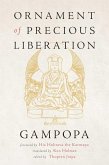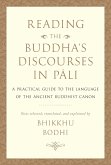The first volume in over six decades to bring to light new original material on Saraha's Treasury of Spontaneous Songs (Dohakosa). "Completely abandon thought and no-thought, and abide in the natural way of a small child." -Saraha To find liberation and realize the true nature of reality, the Indian Buddhist master Saraha says we must leave behind any conceptual assessment of reality, since no model of it has ever been known to withstand critical analysis. Saraha's spontaneous songs, or dohas, represent the Buddhist art of expressing the inexpressible. The most important collection of Saraha's songs is the Dohakosagiti, better known in Tibet as the Songs for the People, and the Tibetan Mahamudra tradition, especially within the Kagyü school, has done the most to preserve the lineage of Saraha's instructions to the present day. But Saraha was also widely cited in Indian sources starting around the eleventh century, and one Indic commentary, by the Newar scholar Advayavajra, still exists in Sanskrit. In addition, we have independent root texts of Saraha's songs in the vernacular Apabhramsa in which they were recorded. These Indian texts, together with their Tibetan translations, are here presented in masterful new critical editions along with the Tibetan translation of the commentary no longer extant in Sanskrit by Moksakaragupta. Finally, both commentaries are rendered in elegant English, and the authors offer a brisk, comprehensive introduction. Saraha's Spontaneous Songs provides the reader with everything needed for a serious study of one of the most important works in the Indian Buddhist canon.
Dieser Download kann aus rechtlichen Gründen nur mit Rechnungsadresse in A, B, BG, CZ, D, DK, EW, E, FIN, F, GR, HR, H, I, LT, L, LR, NL, PL, P, R, S, SLO, SK ausgeliefert werden.

